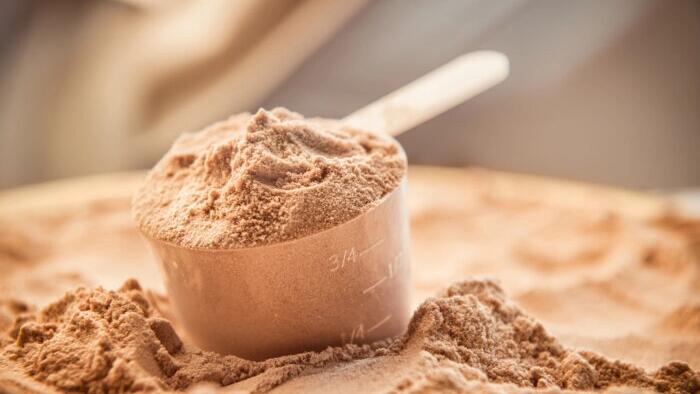Protein powders have become a fundamental supplement for individuals seeking to enhance their protein intake for health and fitness reasons, with options ranging from whey and soy to hemp and pea. Each type of protein powder comes with unique benefits and potential downsides, making it essential for consumers to understand these variations to make informed choices that align with their dietary and fitness objectives. Protein powders serve as a concentrated source of dietary protein derived from both animal and plant sources, offering convenience and speed in nutrient supplementation, which is particularly beneficial for busy individuals, athletes, and those with dietary restrictions.
One of the primary advantages of protein powders is their effectiveness in weight management. A systematic review published in Nutrition Reviews in 2018 highlighted that protein supplementation can help reduce fat mass and maintain lean muscle mass, especially when consumed with meals and combined with resistance training. Furthermore, these powders support muscle growth and recovery, particularly after exercise. A review in the British Journal of Sports Medicine indicated that protein supplementation significantly improved muscle strength and size during prolonged resistance training in healthy adults, confirming the integral role of protein in fitness regimens.
When determining whether to include protein powder in one’s diet, personal lifestyle and nutritional needs should take precedence. The International Society of Sports Nutrition (ISSN) posits that while active individuals can meet their protein needs through whole foods, supplementation can be a practical method to ensure adequate protein consumption, particularly in athletes undergoing rigorous training. However, health professionals like Dr. Robert McLaughlin advise that these supplements should not replace whole foods but rather serve to complement them. Such supplementation may be unnecessary and potentially harmful for sedentary individuals or those with specific medical conditions like kidney disease, emphasizing the importance of tailoring protein intake to individual health statuses and activity levels.
Distinct types of protein powders each offer different amino acid profiles and digestion rates. For instance, whey protein, known for its rapid absorption and complete amino acid profile, is often favored among athletes. In contrast, casein protein digests more slowly, making it ideal for overnight muscle recovery. Vegan options such as pea, soy, and hemp protein provide credible alternatives to animal products, offering comparable muscle-building benefits. Notably, studies have shown that both plant and animal-based proteins can effectively support muscle gain when combined with resistance training, challenging the traditional perspective that animal-based protein is inherently superior.
The processing differences in protein powders—concentrates, isolates, and hydrolysates—further impact their use and effectiveness. Concentrates are typically around 80% protein, whereas isolates surpass 90%, making them leaner options for those with lactose sensitivity or specific dietary requirements. Hydrolysates are pre-digested for quicker absorption. Yet, the existing research on their individual efficacy in promoting muscle gain and fat loss remains inconclusive, suggesting that choosing between these forms may ultimately come down to personal preferences and dietary restrictions.
While protein powders can be beneficial, potential downsides exist that should not be overlooked. Overconsumption of protein can lead to adverse health effects, such as kidney damage and digestive issues, particularly when combined with a sedentary lifestyle. Additionally, some protein powders may contain unwanted additives and contaminants, including heavy metals. It’s vital for consumers to choose high-quality products with minimal ingredients and undergo the necessary certifications to ensure safety and quality. And while incorporating protein powders into a diet can enhance nutritional intake, relying solely on these supplements can create nutrient gaps that whole foods would otherwise fill.
Incorporating protein powders does not have to be limited to smoothies alone; they can enhance many recipes, from baked goods to snacks. By choosing high-quality options with minimal added sugars and additives, individuals can reap the benefits of protein supplementation while maintaining a balanced diet. Ultimately, the choice of protein powder should align with personal health goals, dietary preferences, and individual responses to supplementation, allowing for a more tailored approach to nutrition that supports both well-being and performance.

